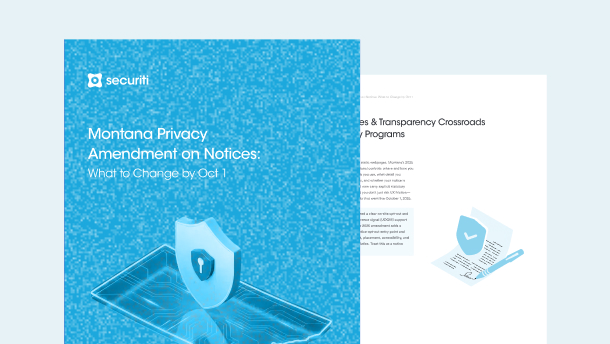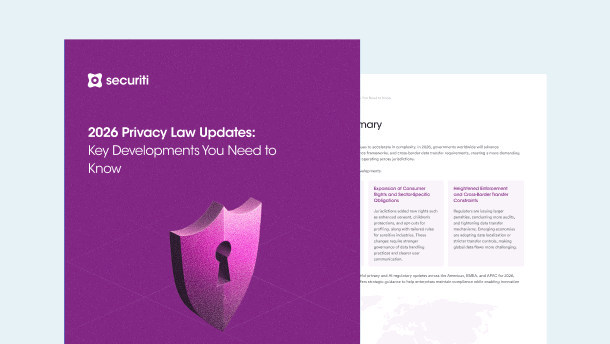Explore Data Access Intelligence & Governance
Globally, data is growing exponentially, not only in volume but also in importance. Data provides valuable insights for businesses. Moreover, it is shared externally with business partners and vendors to derive business insights, growth opportunities, and revenue. However, personal and sensitive data must be managed and protected appropriately to prevent security breaches, encourage user trust, and meet compliance. Understanding what sensitive data exists in the corporate data landscape, in which geographies, who has access to it, and what regulations apply to it is critically important for businesses to enforce appropriate security measures and derive business outcomes.
To establish effective user access and other security controls, businesses must establish a best practices framework to gain insights into sensitive data access. As a core component of Securiti Data Controls Cloud, Data Access Intelligence & Governance enable businesses to get granular insights into where its sensitive data exists, who has access to it, and what regulations and standards apply to it. With these insights, businesses can effectively configure their access settings, highlight potential risks, and share sensitive data securely.
Download the whitepaper to learn more about sensitive data access and Securiti’s Data Access Intelligence & Governance.










































